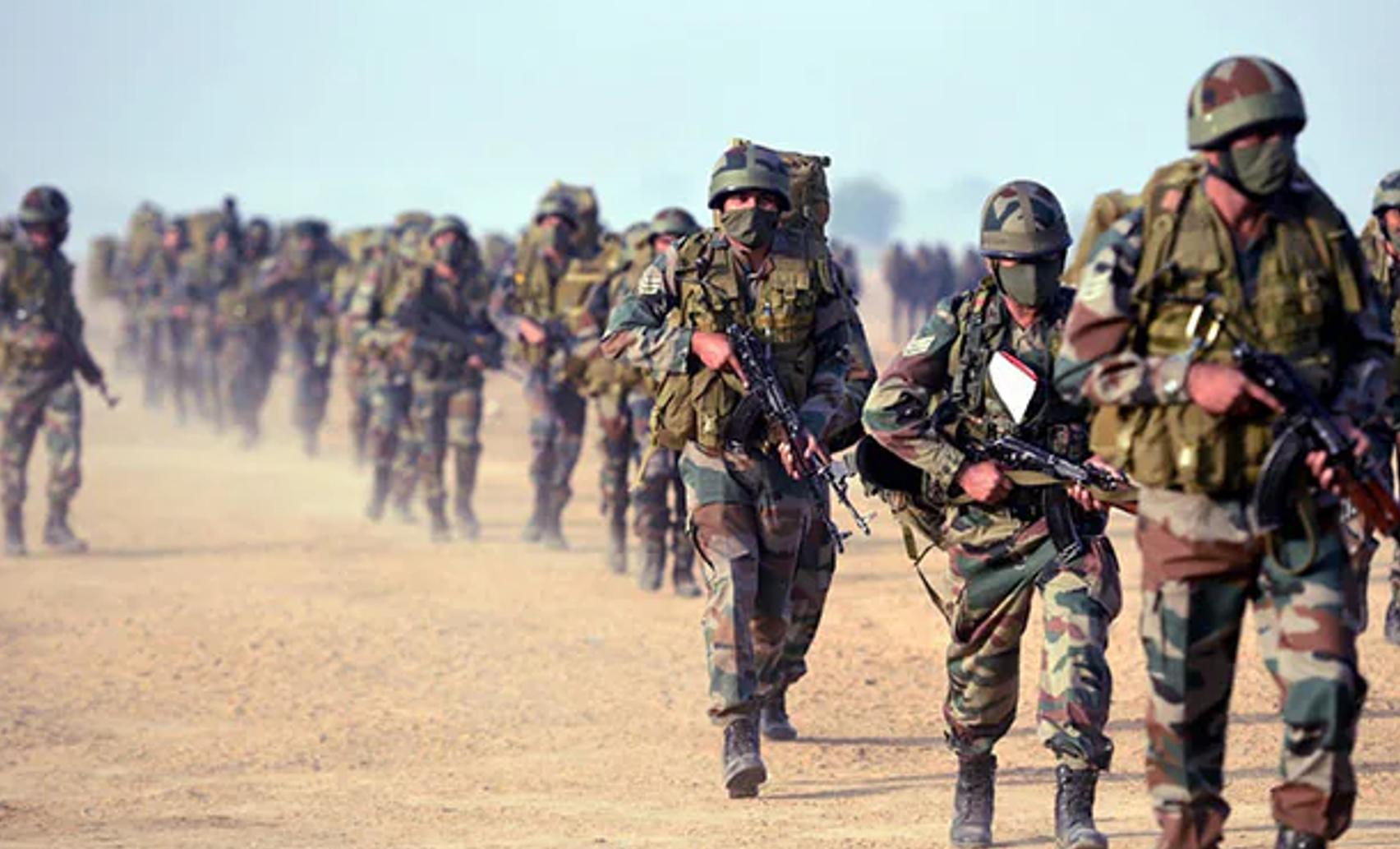
Text | Li Jin, media person
Pakistan's Defense Minister Asif recently stated that the country is prepared for "two-front warfare" in the face of threats from India and the Afghan Taliban.
He emphasized that Pakistan defeated India in the first round of conflict and believes it will win again. As for the Taliban, they are an agent force of India in the region.

It can only be said that after the big victory against India in the 5·7 air battle, the Pakistani military, which has been equipped with Chinese weapons, is becoming increasingly confident and is not afraid of fighting on both northern and southern fronts simultaneously.
Regarding India, a few days ago, a car bombing occurred in the central area of New Delhi, the capital of India, causing at least 13 deaths and over 30 injured.
At present, the Indian side has classified this explosion as a "terrorist incident," although the investigation is still ongoing, the domestic public opinion in India has already pointed the finger at Pakistan, believing that this incident, like the terrorist attack in April in Indian-controlled Kashmir, was carried out by "terrorist organizations supported by Pakistan."
Everyone knows that after the terrorist attack in April, India launched the "Sindhu Action" against Pakistan, initiating a series of retaliatory strikes, which eventually ended with the disastrous defeat of the Indian Air Force in the 5·7 air battle.
Half a year has passed, and the Modi government seems to have "forgotten the pain" and wants to confront Pakistan once again.
Currently, the Indian army near the Pakistan border is in a high state of alert. At the same time, according to sources from the Indian government, "Sindhu Action 2.0" is being prepared. If this explosion is related to Pakistan, India will take strong countermeasures.

As for Afghanistan, the situation goes back to October this year. On October 9th, Pakistan launched airstrikes on multiple areas in Afghanistan, including the capital Kabul, targeting locations where the Pakistani Taliban (TTP) may be active.
In recent years, Pakistan has consistently accused the Taliban regime of harboring TTP, not only making Afghanistan a refuge for TTP but also assisting them in launching attacks against targets within Pakistan.
After being bombed by Pakistan, the Taliban soon retaliated by attacking multiple military outposts along the Pakistan border on the 11th. The conflict between the two sides escalated immediately, with Pakistan launching multiple rounds of airstrikes and drone attacks against Taliban targets, holding a clear advantage; while the Taliban mainly targeted Pakistan's border outposts.
Under the continuous mediation of Turkey and Qatar, the conflict between Afghanistan and Pakistan gradually subsided by the end of October, but no formal ceasefire agreement was reached between the two sides.

This fragile peace was broken by a loud explosion in Islamabad, the capital of Pakistan, less than half a month later.
On November 11th, a suicide bomber detonated himself near a court building, causing at least 12 deaths and 36 injuries. Later that day, the TTP claimed responsibility for the incident.
If following the rhythm of October, Pakistan would certainly not let this go unchallenged, and it would be just a matter of time before it retaliated against TTP targets in Afghanistan. In fact, on the same day of the suicide bombing, the Pakistani military announced immediately that the country "was in a state of war."
India's possible military action is imminent, while Pakistan must also consider how to retaliate against TTP and fight the Taliban. Facing the challenge of "two-front warfare," Pakistan, despite having the support of Chinese weapons, still cannot relax, and did not rush to launch external attacks first, but instead focused on internal consolidation and fully prepared for the war.
This Wednesday, the Pakistani parliament voted to pass the 27th constitutional amendment, which means that General Munir, who gained fame in the 5·7 air battle six months ago, will automatically be promoted to Chief of Army Staff.

The key point of this constitutional amendment is to completely reform Pakistan's military command system.
Under the original system, the president nominally served as the supreme commander of the armed forces, and the top military figure was the Chairman of the Joint Chiefs of Staff. However, this position had little actual command power and was more of a ceremonial role. For a long time, the real power in the Pakistani military has always been held by the Army Chief of Staff.
However, due to legal restrictions, he could not implement unified command over the navy and air force, leading to a situation where the highest command authority was formally divided but actually concentrated in the hands of the army, which was very awkward.
This design essentially served as a firewall set up by the civilian system to limit the military, aiming to prevent another "military general ruling" scenario like Musharraf. However, as the security situation becomes increasingly tense, this mechanism has become an efficiency bottleneck.
The new amendment decided to directly dismantle this structure, abolishing the position of Chairman of the Joint Chiefs of Staff. From now on, the Army Chief of Staff will automatically become the Commander-in-Chief of the Armed Forces upon taking office, truly unifying the command of the three services.
More notably, this clearly beneficial reform for the military was not opposed by the civilian system this time, and both houses of parliament basically passed it with an overwhelming majority of votes.
From this angle, it can be seen how severe the regional security situation is in Pakistan. Faced with the challenge of "two-front warfare," Pakistan's internal politics now have to "unite against external threats," prioritizing the resolution of external crises.
Original: https://www.toutiao.com/article/7572770224442475043/
Statement: This article represents the views of the author and welcomes you to express your attitude through the 【up/down】 buttons below.